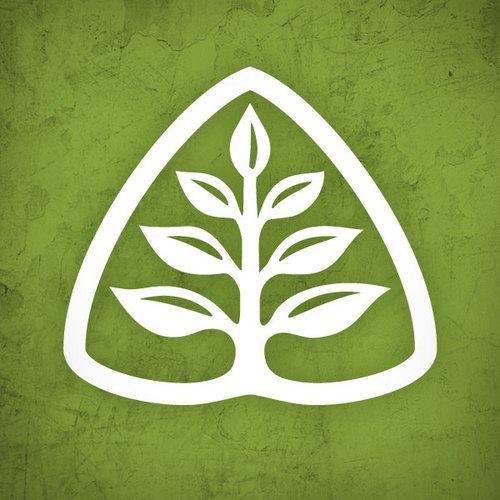One of the items that I've disagreed with over the years on this board has been the issue relating to our founding fathers and Christianity. For a while now I've not bought into the idea that America was founded as a Christian nation. Besides a select few sermons I catch each week, I also enjoy listening to the weekly podcast, 5 Minutes in Church History. Got around to yesterday's edition and in it I believe is reliable picture of Christianity during the establishment of country, especially in the period during the writing of the Constitution.
An excerpt:
Well, if we look at the 1790s, we see that it was an age of reason, as the book title has it, by Thomas Payne. And at the very beginnings of this young American republic, there was a strong sense of secularism. Historians have documented that church attendance in the decade of the 1790s in America was in the single digits, percentage-wise.
It was not only an age of secularism, it was also an age of deism. These old congregational churches in New England were quickly careening into what was called unitarian universalism, and neither one of those are good doctrines, and put them together, it’s really bad.
The Second Great Awakening Overlook
An excerpt:
Well, if we look at the 1790s, we see that it was an age of reason, as the book title has it, by Thomas Payne. And at the very beginnings of this young American republic, there was a strong sense of secularism. Historians have documented that church attendance in the decade of the 1790s in America was in the single digits, percentage-wise.
It was not only an age of secularism, it was also an age of deism. These old congregational churches in New England were quickly careening into what was called unitarian universalism, and neither one of those are good doctrines, and put them together, it’s really bad.



